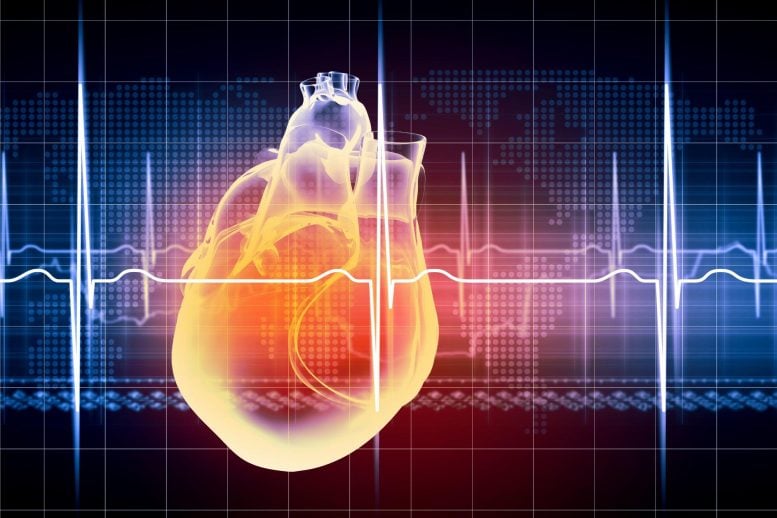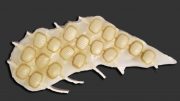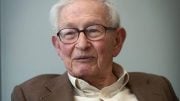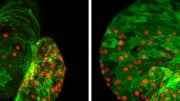
The findings suggest a unique role of cardiac dynamics in the momentary experience of time.
How long is the present? The answer, Cornell researchers suggest in a new study, depends on your heart.
The researchers discovered that our moment-to-moment perception of time is not constant and can expand or contract with each heartbeat.
According to Adam K. Anderson, a professor in the Department of Psychology and College of Human Ecology, the research provides further evidence supporting the idea that the heart is one of the brain’s key timekeepers and has a fundamental impact on our perception of the passing of time. This is an idea that has been pondered since ancient times.
“Time is a dimension of the universe and a core basis for our experience of self,” Anderson said. “Our research shows that the moment-to-moment experience of time is synchronized with, and changes with, the length of a heartbeat.”
Saeedeh Sadeghi, M.S. ’19, a doctoral student in the field of psychology, is the lead author of a study recently published in the journal Psychophysiology. Anderson is a co-author with Eve De Rosa, the Mibs Martin Follett Professor in Human Ecology (CHE) and dean of faculty at Cornell, and Marc Wittmann, senior researcher at the Institute for Frontier Areas of Psychology and Mental Health in Germany.
Time perception typically has been tested over longer intervals, when research has shown that thoughts and emotions may distort our sense time, perhaps making it fly or crawl. Sadeghi and Anderson recently reported, for example, that crowding made a simulated train ride seem to pass more slowly.
Such findings, Anderson said, tend to reflect how we think about or estimate time, rather than our direct experience of it in the present moment.
To investigate that more direct experience, the researchers asked if our perception of time is related to physiological rhythms, focusing on natural variability in heart rates. The cardiac pacemaker “ticks” steadily on average, but each interval between beats is a tiny bit longer or shorter than the preceding one, like a secondhand clicking at different intervals.
The team harnessed that variability in a novel experiment. Forty-five study participants – ages 18 to 21, with no history of heart trouble – were monitored with electrocardiography, or ECG, measuring heart electrical activity at millisecond resolution. The ECG was linked to a computer, which enabled brief tones lasting 80-180 milliseconds to be triggered by heartbeats. Study participants reported whether tones were longer or shorter relative to others.
The results revealed what the researchers called “temporal wrinkles.” When the heartbeat preceding a tone was shorter, the tone was perceived as longer. When the preceding heartbeat was longer, the sound’s duration seemed shorter.
“These observations systematically demonstrate that the cardiac dynamics, even within a few heartbeats, is related to the temporal decision-making process,” the authors wrote.
The study also showed the brain influencing the heart. After hearing tones, study participants focused their attention on the sounds. That “orienting response” changed their heart rate, affecting their experience of time.
“The heartbeat is a rhythm that our brain is using to give us our sense of time passing,” Anderson said. “And that is not linear – it is constantly contracting and expanding.”
The scholars said the connection between time perception and the heart suggests our momentary perception of time is rooted in bioenergetics, helping the brain manage effort and resources based on changing body states including heart rate.
The research shows, Anderson said, that in subsecond intervals too brief for conscious thoughts or feelings, the heart regulates our experience of the present.
“Even at these moment-to-moment intervals, our sense of time is fluctuating,” he said. “A pure influence of the heart, from beat to beat, helps create a sense of time.”
Reference: “Wrinkles in subsecond time perception are synchronized to the heart” by Saeedeh Sadeghi, Marc Wittmann, Eve De Rosa and Adam K. Anderson, 2 March 2023, Psychophysiology.
DOI: 10.1111/psyp.14270









EXCELLENT ARTICLE.